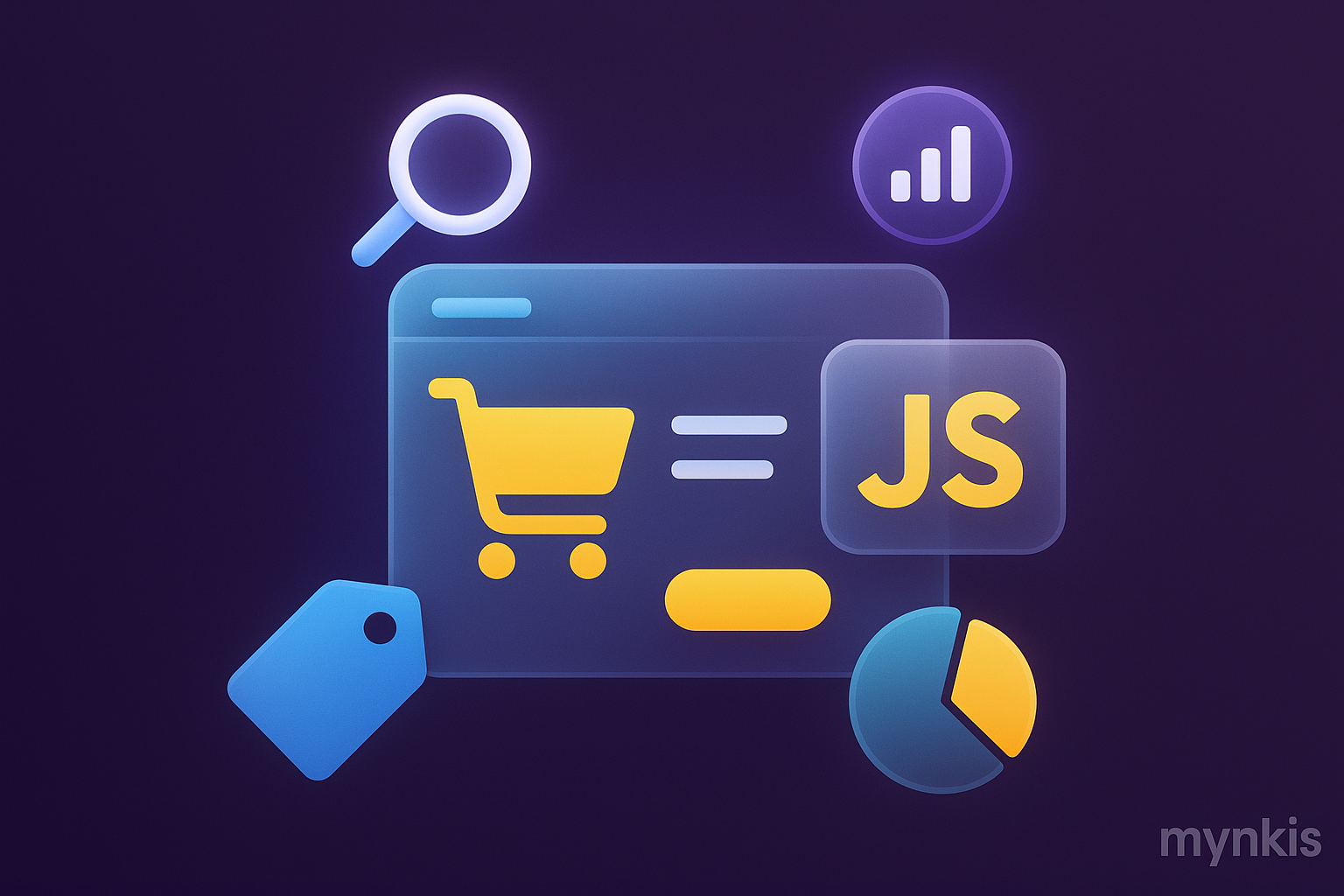Schedule a Demo
In my work with retail business leaders, I've noticed a common challenge: carving out a robust online presence without leaning heavily on ads. It's a tough game, but one where JavaScript frameworks can be your ace in the hole. These tools offer the tech savvy to build interactive, user-friendly e-commerce sites while pushing the boundaries of SEO.
When it comes to custom software development for online stores, the choice of technology is crucial. JavaScript frameworks have emerged as the go-to for many retail platforms. Why, you ask? These frameworks enable high-performance applications that are essential for the dynamic nature of modern e-commerce. The ability to load content asynchronously and manage complex state changes seamlessly is something your customers expect, making these tools indispensable.
For retailers, speed and user experience are everything. A delay of a mere second can lead to a significant drop in conversions. JavaScript frameworks not only help in shaving milliseconds off page load times but also in building applications that are more responsive and interactive. This is where the real magic happens, helping to increase user engagement and satisfaction.
Let's dive into some of the heavy hitters in the world of JavaScript frameworks:
Each of these frameworks has its charm and strengths. Choosing the right one for your business involves looking at your technical capabilities, desired features, and long-term scalability plans.
Historically, the use of JavaScript for building sites posed challenges for SEO. However, today's frameworks are much more SEO-friendly than ever before. There's a synergy now between creating dynamic web applications and optimizing them for search engines.
With frameworks like React and Angular, leveraging server-side rendering (SSR) becomes a game-changer for SEO. By pre-rendering the JavaScript content on the server, you ensure that search engine crawlers can access your page's data efficiently. Additionally, many of these frameworks support isomorphic or universal JavaScript applications, which run both on the server and the client side. This can drastically improve your site's SEO performance.
I've seen firsthand how retailers have turned the tide in their digital strategy by integrating these technologies. Take, for instance, a major fashion retailer that leveraged Vue.js for their latest site overhaul. The result? An interactive, visually appealing store with seamless navigability that outperformed their previous platform in organic search rankings.
Another example comes from a high-end electronics store adopting React to build a website. Not only did this choice help them in creating a snappy and smooth user experience, but it also resulted in a significant uptick in their Google rankings due to improved performance and better indexing of their product pages.
As we gaze into the future, retailers cannot afford to stand still. The world of custom software development evolves at breakneck speed, and so do SEO practices. Keeping abreast of the latest trends in both fields is key. From progressive web apps (PWAs) to incorporating AI for personalized shopping experiences, the possibilities are endless.
Be vigilant about the SEO landscape; algorithms change, and what works today might not tomorrow. Regularly assess your site's performance, tweak your strategies, and don't shy away from experimenting with new technologies to enhance your online presence. You might be surprised at how dynamic and responsive your e-commerce platform can be with the right framework and strategy.
